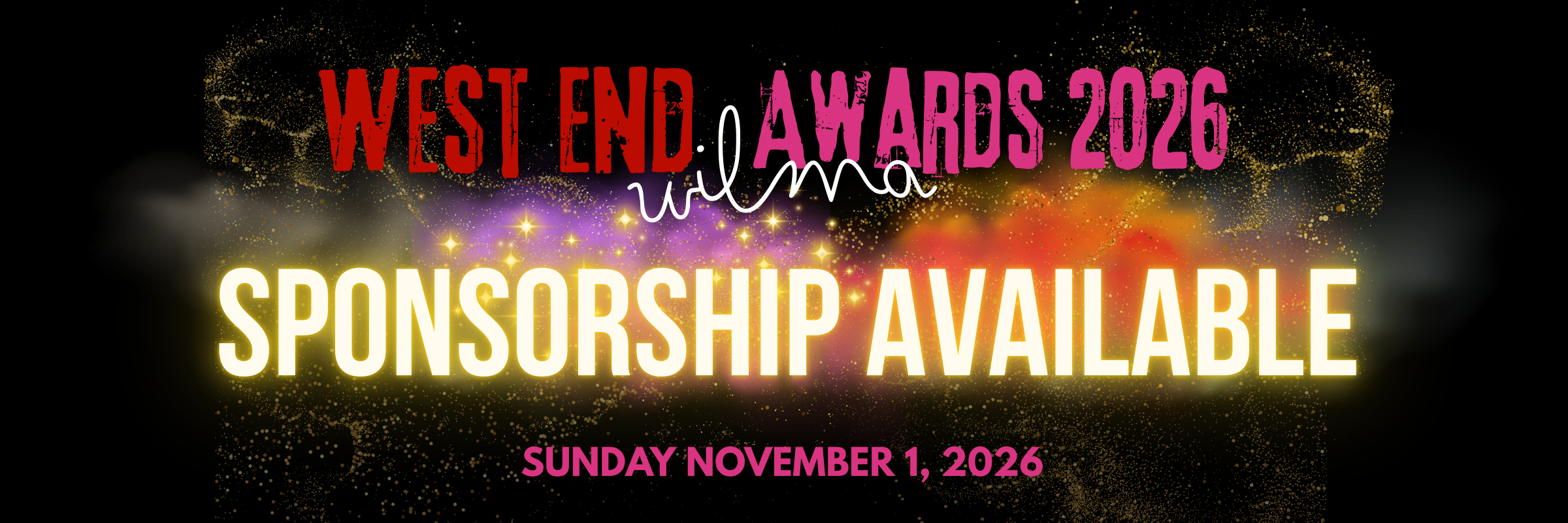
The first comment I’ll make is this; 1984 is best appreciated from one of the following means of preparation: a) read the book before seeing the play, b) read up on at least the basic premise of the play before you see it or c) just prepare yourself for the reality that this is not the lightest of stories. A couple of guys sitting in front of me were whispering to each other quite a bit in the first few minutes, words to the effect of… “No idea what’s going on” and “This is intense”. I felt like tapping them on the shoulder and pointing out that if they wanted cheery, Aladdin is just down the road.
Published in 1949, the novel was written to channel Orwell’s political concerns about the dangers of a totalitarian government to Western society. The plot is deeply harrowing at times, with dark overtones of torture and social discipline, shedding light on several key issues that are becoming increasingly more relevant as the years tick by – so the key to enjoying this play is accepting it for what it is.
Winston Smith is living in an era whereby Big Brother watches his every move – at work, at home, what he’s writing, eating, even thinking is up for debate. Free thinking and any kind of individualism is banned by the oppressive Party who now rule this modern-day London, but there is a Resistance movement operating. Winston is questioning what he believes and turning against the oppression of Big Brother, but not knowing who to confide in and who to trust can lead to traumatic consequences.
The performance was filled with a strong dosage of flashing lights and powerful sound effects, with the theatre plunged into darkness several times, only to be illuminated again with a pure white glare. This was highly effective in putting the audience on edge and encouraging us to absorb the harsh, antagonistic environment that Winston lived in at the hands of Big Brother. Surprisingly, there were moments of light comedy slotted into the script, which sat uneasily amongst the rest of the story’s sinister atmosphere (but effectively).
The cast was strong, with a stand-out performance from Andrew Gower as Winston – he managed to truly embody the absolute terror that mounts within his character throughout the story, and to successfully elicit a number of emotions from the audience via his many moments of panic and torture.
The Playhouse Theatre is, unfortunately, in need of a comfort update, as it’s quite an uncomfortable sit due to squeaky chairs and minimal amounts of legroom.
1984 is arguably even more relevant now than it was back then. This single piece of literature stands out as a monumental warning to human civilisation, yet one that we are blind-facedly ignoring. It is therefore important for any cast attempting to recreate ‘1984’ to truly embody the sense of fear, helplessness and panic that the characters feel, and find a way to transfer these emotions to an already technologically astute audience. By way of fantastic lighting and sound, this was achieved successfully, with sections of the audience delivering a standing ovation at the end, or at the very least, looking rather thoughtful on the way out.
This isn’t a play that you go to hoping to skip out with joy, because if done correctly, that isn’t the intended feeling you’re meant to walk away with. ‘1984’ is famed for its ability to cause the reader or viewer to feel uncomfortable, not just because of its obviously terrifying parts, ie: the rats and the torture, but due to the underlying truths it forces us to face up to: how do we feel, in 2016, about being closely watched by a force more powerful and influential than ourselves? To what extent can we accept or deny that our worlds are slowly showing more and more similarities to the one that Orwell predicted?
I highly recommend going to see this, but I’d also recommend taking a bag of chocolate in with you, too. You’ll need the buzz afterwards.
Reviewed by Laura Evans
Photo: Manuel Harlan
1984 plays at the Playhouse Theatre until 29 October 2016


